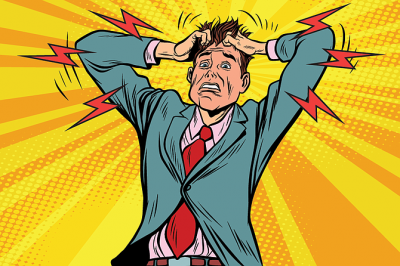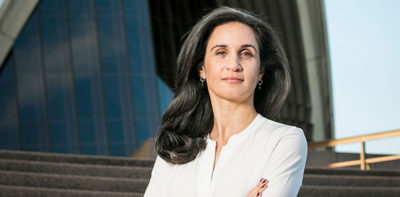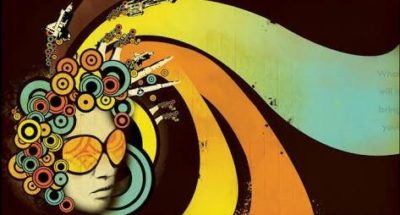20×20 Vision
Everyone is wiser with hindsight.
I started writing this a few months back.
An exciting new decade, full of fresh starts and exciting new opportunities.
And, then chaos hit Australia, homes, animals and people burned, a deadly virus escaped China to the world. I paused to allow the chaos to settle. We have been faced with a jolt of reality as unexpected as it was uncontrollable. We saw the community come together. And, sometimes fall apart.
The year 2000
Thinking way, way back, the Y2K Millennium bug needed far less warfare than the hyperbolic fear it demanded. Everyone seems so wise in hindsight.
Yet, at the time, the worst was feared, with many computer systems programmed with the year as two digits, the year 2000 would be 00. What were the potential ramifications of this? Even with the major spend in exploring and setting up corporate and government contingencies, there were unknown consequences from planes falling from the skies to basic early Internet and tech infrastructure #fail. While in hindsight the fears were exaggerated, many anticipated the worst. With such fear of impending apocalypse life was kept interesting.
Even well before the end of the millennium, the community acknowledged that the world was in a scary spot, and if we kept going how we had, impending doom was imminent. Our leaders didn’t seem to listen or care. What else could one do, but accept doom and party like it’s 1999?
“Everybody’s got a bomb, we could all die any day, oh. But before I let that happen, I’ll dance my life away, oh ho. They say two thousand zero zero party over, oops, out of time. So tonight I’m gonna party like it’s nineteen ninety-nine!!”
PRINCE 1982
Back in the day, the end of the world was feared, but the inevitability without change was highlighted and paradoxically celebrated, at least in some music. In moments of despair with stupid leaders and heading towards impending doom, what else should one do to remain sane?
“It’s the end of the world as we know it. It’s the end of the world as we know it. It’s the end of the world as we know it and I feel fine!”
REM 1987
Despair about how the world is being cared for and its leadership is nothing new.
As the Y2K approached, then arrived, the dot-com bubble grew, and grew, then BURST! Promises of huge growth and rapid wealth accumulation, typically with inflated share valuations and poor underlying financial robustness. Job losses and business collapses followed, yet the Internet was here to stay and the appetite for innovation and entrepreneurship ignited. Google (launched in 1998) continued to grow. Apple was working towards its new wave of technology (Steve Jobs returned to Apple in 1997, and the iPhone launched 2007). Facebook launched in 2004 and a variety of other technology and platforms helped shape our culture.
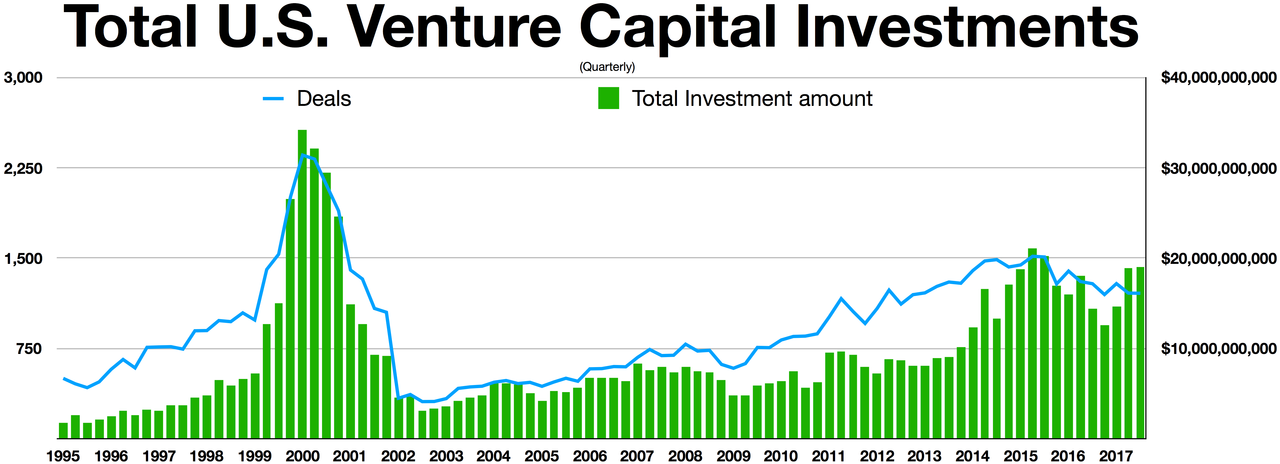
Phones became more addictive than methamphetamine. Who would have ever predicted that!? Smart phones, tablets, and the Internet came of age. Internet-of-Things. All our worldly desires a click away. Shopping, porn, social connection with friends and enemies – OMG!
The year 2010
New years 2009 came and went, perhaps non-consequentially.
In the decade that followed much changed, the world turned and evolved. The decade of equality and fairness – marriage, gender and cultural. Yet, the biggest changes were technological. Digital didn’t just support our lives, in many ways it absorbed it. It made many aspects better – from how we remain healthy to listen to music, and connect with loved ones, friends, acquaintances and people we don’t really like, even dislike.
Globalisation expanded our communities and worlds, yet for many it blew their minds in a spin, and was too much to cope with. Many lost contentment. Life increasingly became a technological blur. It became busier, perhaps too busy, whizzing here and there, doing this and that, and looking back and it’s often ‘busy doing nothing.’
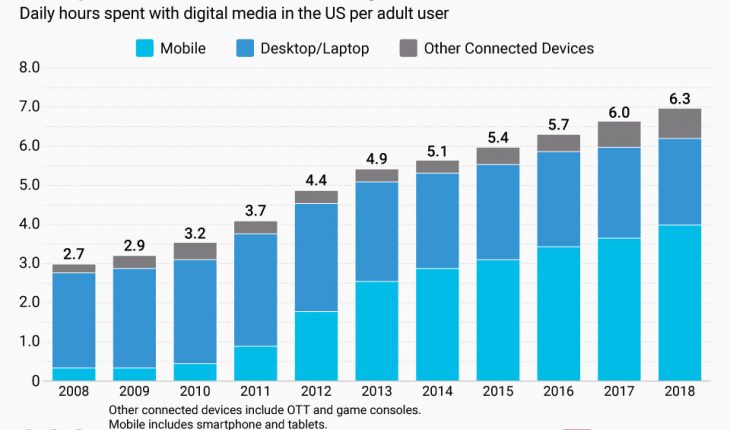
Life for many was good. Comfortably complacent, don’t rock the boat. Yes, we should keep our governments accountable, and push more for the preservation of our planet, but it’s too hard to really bother.
The year 2020
As we now move beyond one decade and start another, we are positioned at the epicenter of more opportunities than ever before, at the same time as an exponential rise in anxiety levels. The measurably increasing mental health challenges may be for a variety of reasons. Society’s acceptance of mental health and the importance caring for our well-being and respecting friends and family with challenges. Likely the Internet and globalisation has increased mental health issues, expanding our communities beyond comfort levels. Cultural norms as to what success means have increased for many, be this financial, lifestyle, appearance or otherwise. Many seek idealised perfection – the look, the vibe, the money and career. Children are put under pressure, heading off into an unknown future, with increasing expectations and chaos.
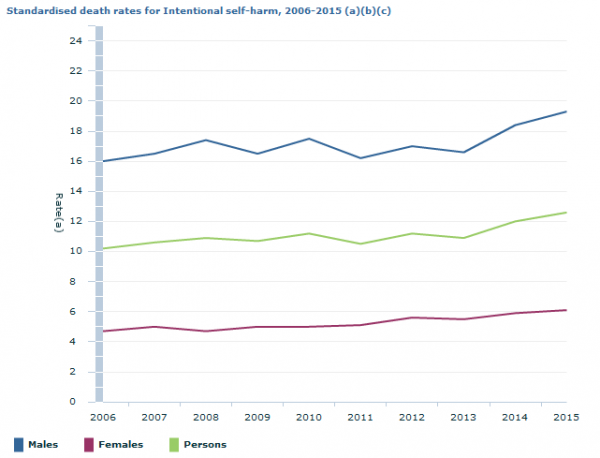
For many 2019 did not end well. Australia was literally burning. At least 34 people have been killed over the unprecidented summer bushfires – including four firefighters – and more than 110,000 sq km of bush, forest and parks across Australia has burned. An estimated one billion animals have been killed and some endangered species may be driven to extinction. There were major financial and social ramifications.
Christmas in Australia 2019-2020 was a literal burning country. The complacency of our government, leadership and general population was jolted to its core. The community demanded action now and for the future. Australia went into economic meltdown. At our annual tourism peak period, people were asked or redirected home, or they just stayed away. There was major reputation damage to Australia as a tourism destination for overseas visitors and locals. Tourism at a local, state and federal level is in crisis control, and people are being asked to #bookthemout. The bushfires became a critical government and community focus.
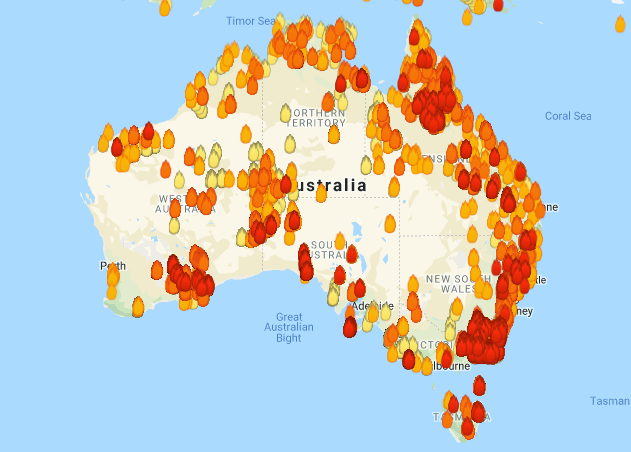
Political attention has been gained, as the bushfires cannot be ignored for their community and voters demand change, due to climate change or otherwise. A burning deck for change has been created for action, as the Australian bushfires gain global attention.
During 2019 climate change conversation increased in prominence globally, largely through the success of Greta Thunberg’s efforts. Her school strikes struck a cord, and went global. When our world and its leaders fail to listen, the racial activism of Greta Thunberg has succeeded in getting world-wide attention of our community and leaders. The murmur of climate change unrest has gotten louder. While polarising, the conversation has been stirred.
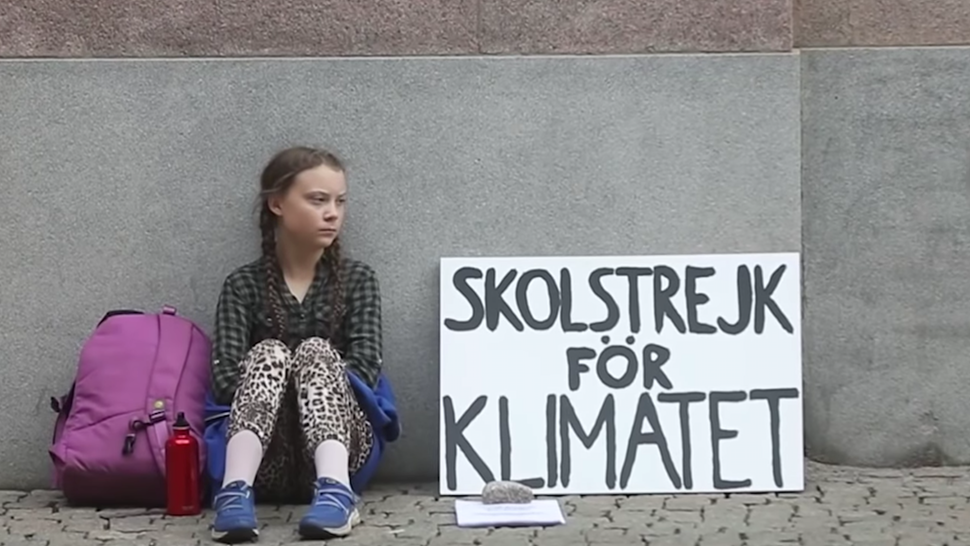
“You have stolen my dreams and my childhood with your empty words. And yet I’m one of the lucky ones. People are suffering. People are dying. Entire ecosystems are collapsing. We are in the beginning of a mass extinction, and all you can talk about is money and fairy tales of eternal economic growth. How dare you!”
Greta Thunbeg, U.N. Climate Action Summit, September 23, 2019 More>
At the same time of concern for our environmental sustainability, come fears for our economic sustainability. The Coronavirus has exaggerated this further. Economists predict a hard year ahead. Traditional retail and many other businesses are struggling. They will increasingly need to evolve their models or become insolvent. Government spending and community donations towards bushfires has moved away from other worthy causes. There isn’t enough money to spread everywhere. Charities struggle to raise necessary funds. Businesses in our regional areas (small towns and cities) not affected by bushfires, but in depressed economic environments, working hard for every dollar they earn, suddenly see spending further decline. The bushfires and Coronavirus have wide economic ramifications.
The tech disruptors from the US and elsewhere all seemed so fresh faced and cute a decade or so ago. We loved the idea of disrupting the establishment. Disruption is cool until it disrupts our economies, jobs and future financial security. Since ethical indiscretions have been revealed, from privacy breaches to questionable ethics to maximise profit and global dominance. They post-rationalise that it is the responsibility of regulators to keep them honest. Profit comes from exploiting the gap between ethics and laws, Facebook and others have publicly noted. The deliberately addictive, dishonest and manipulative programming has also been publicised. People are increasingly aware of the negative ramifications on our mental health of our Apps and gadgets and that the key to a happy life is not more tech.
It can be hard for local businesses to compete with global juggernauts willing to do all it takes to own markets globally. Often with big war-chest of investor cash and expectation to make large losses in the short term for massive future profits, potentially, but likely not. It’s just investor dollars anyway – win some lose some. Local businesses can struggle to ensure a strong local community and economy. Spending being siphoned off-shore grows, and tech juggernauts are uber proficient at tax minimisation, reducing government funds for health, community and infrastructure spending. Small cracks start to appear, tricky to mend.
Locals are starting to find it increasingly difficult to find full-time work, as Gig economy jobs, freelancing and other permanent employment substitutes rise and for some become the forced norm, the new default. Full-time permanent employment fades. Making earning a reasonable income increasingly difficult. For many globalisation is much more trouble than it is worth. People remember, perhaps with romantic rose coloured glasses, the good old days.
Trump promises his supporters to ‘make America great again.’ The UK Brexit vote and recent exiting of the European Union following the 2016 Referendum in which 52% voted to leave the union (and 48% to stay), comes at least part as a desire to return to simpler more locally focused times. The good old days, that we can never return to, seemed so much better. Localisation can blur the line with racism. People just want to feel safe, and may not feel so.
2020 and beyond will be about environmental and economic sustainability. If we can apply suitable pressure to politicians, and take personal responsibility to be more environmentally and economically sustainable. It is critical that government leaders are pressured to think beyond the short-term election cycles. To make medium to long term plans, beyond the political term. This is rare in the western world, yet common in places such as Finland and China. Similarly most western world business leaders are focused on short term growth of profit targets. Growth may not always be the best direction moving forward.
The decade just gone was a wonderful decade, but it did create a level of complacency. The world won’t change with complacency, but the chaos of late will hopefully create a burning deck to push the community and government to strive for change. Environmental sustainability, and business sustainability.
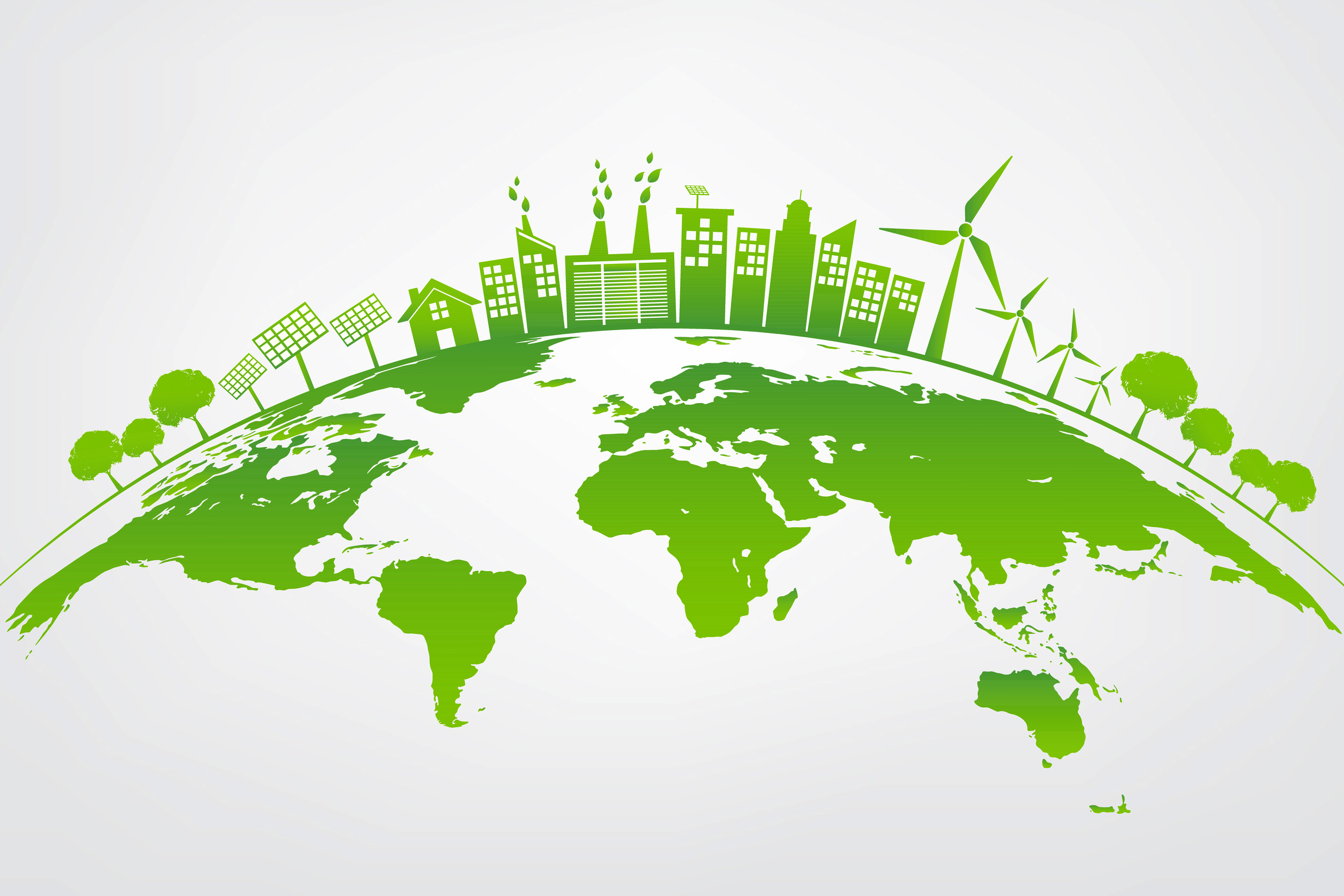
A new decade, full of fresh starts and exciting new opportunities.
“What doesn’t kill you, makes you stronger.”
Friedrich Nietzsche
Nothing better to snap ourselves and our leaders out of a numb complacency than chaos.
With 20×20 vision the year ahead has the potential to be buoyant ignited by the chaos. Some certainties exist from people reaching breaking point, and wishing to have a better future. Local will counterbalance globalisation, and sustainability will grow in focus.
People will increasingly counterbalance globalisation by thinking local, finding the simple things in life, slowing down and switching off. Putting pressure on our leaders and taking affirmative action ourselves to hopefully strive towards respecting the environment and being more conscious of our individual responsibilities to support local businesses (and encourage them to go global). People start to counterbalance the negative aspects of technology, such as addiction and energy consumption, to more sustainable applications of technology – e.g. new renewable energy sources. Utilising technology to reduce the distraction it creates, while leveraging it’s ability to help us live better, be healthier and stay connected in a positive way. As well as how it can help local businesses to be more efficient, find new markets and grow.
Thinking local, enjoying the simple things in life – friends, family, food and wine. Strong cultures locally, and local businesses able to access global markets. Yet, slowing down life and showing a bit more kindness to our friends, family and wider community.

